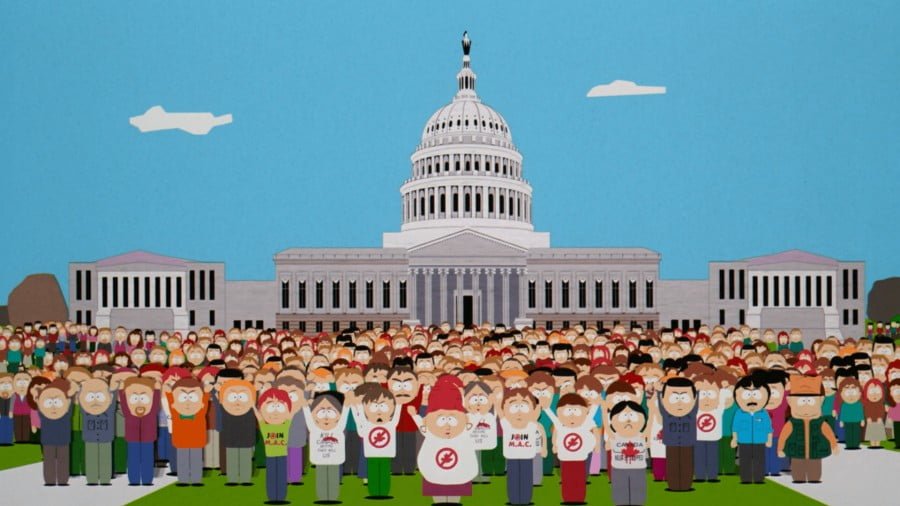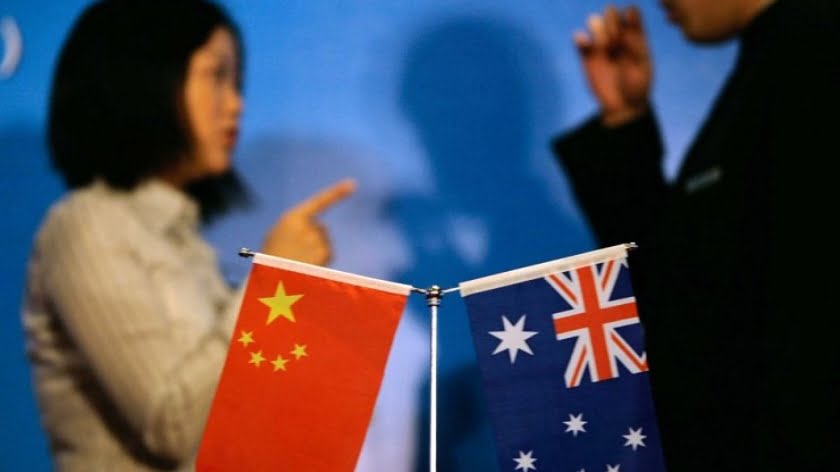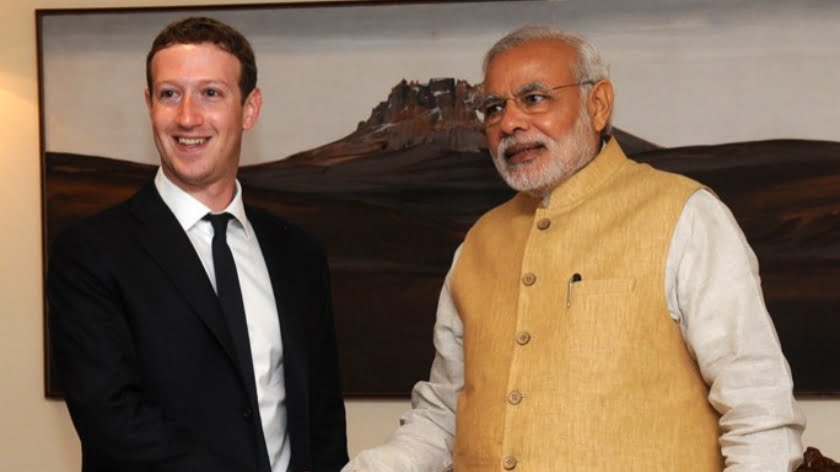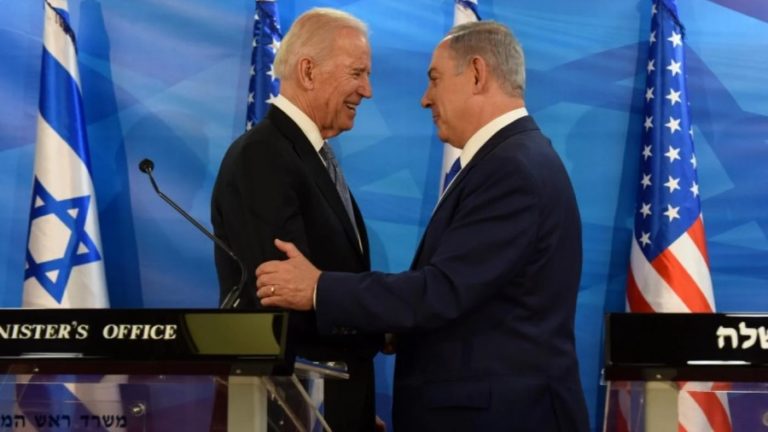Trump’s 1812 War Quip about Canada was Amusing but Embodied Exceptionalism
Most Americans probably chuckled when they read the unverified reports that Trump blamed Canadians for burning down the White House during the War of 1812, though the quip itself embodied the exceptionalism that America is known for by selectively – and hypocritically – choosing one event in order to define a whole history of relations up until the present day.
North America has been in stiches over Trump’s reported quip to Trudeau that the Canadians burned down the White House during the most infamous episode of the War of 1812, with people either laughing at how the President amusingly trolled the Americans’ northern neighbor or having fun at his expense because of the presumption that it was a stupid thing for him to say in the first place. In defense of Trump defying historical accuracy in laying the blame for that event at the feet of a country which didn’t even officially exist at that time, the conflict itself was nevertheless partially over control of Canada (at least at its onset) and British soldiers stationed in the collection of colonies there at the time were responsible for carrying out the attack. Furthermore, it doesn’t matter to the average American whether Canadians themselves really took part in it or not because people in the US generally enjoy poking fun at what many consider to be their “little (‘socialist’) brothers”.
On the other hand, most Canadians were visibly offended by the reported remark because they perceive the conflict to have begun because of American aggression against their people, and in spite of their overly defensive reaction in denying any complicity whatsoever in the burning of the White House in 1814, some of them nevertheless like to rub it in their southern neighbors’ faces from time to time in asserting their independence. They know that this event left an indelible mark on the American memory, which is why Trump all of a sudden thought to mention it during his heated interaction with Trudeau, in what may or may not have been meant to be a humorous ice-breaking remark. No matter the reason why people might have found it amusing, and all quibbles aside about whether or not this quip was indeed something to laugh at, it reveals stunningly direct insight into the American mentality because of just how much it embodies the country’s characteristic “exceptionalism”.
Looking beyond historical accuracy, Trump’s reported statement was a selective and hypocritical choosing of a single event in order to define a whole history of relations up until the present day, deliberately neglecting to refer to anything negative that the US has done to Canada in order to score a quick political point. Most people have resorted to this tactic at one or another time in their lives, but it’s important to comment upon it at this moment given the highly publicized nature of Trump’s comment. In general, focusing on controversial historical episodes and projecting the guilt associated with those involved with them onto the civilian population of the offending state or non-state entity (religion, ethnicity, tribe, clan, etc.) in the present day has often been weaponized in order to divide and rule societies all across the world, and while the US is the master of doing so through “The Law of Hybrid War”, it staunchly criticizes others whenever they apply this “standard” to America.
The US has done much worse to many other countries in the recent past than what Trump supposedly blamed the Canadians for doing over 200 years ago in burning down the official residence of a foreign head of state, though most Americans – and presumably, all other people across the world – hate being reminded and even guilted for what their governments did in their name. It’s not that they want to censor history for reasons of “political correctness”, but just that they object to historic events being manipulated for contemporary political purposes, and many of them are frankly sick and tired of hearing people – and especially foreigners – harangue on and on about Hiroshima, medical experiments on unwilling African-Americans (to say nothing of slavery), the massacres in Vietnam, and the hundreds of thousands who died in Iraq because of US-imposed sanctions, to name but a few of the most common points that are often brought up.
By the same token, for example, Russians hate it when Central and Eastern Europeans obsess over what the Soviet Union did to their people and then project the guilt for these past events onto everyday Russians in the present, just like Turks can’t stand it when people do the same to them vis-à-vis the Ottoman Era. Regrettably, this easily manipulatable tactic of population control has been used in countless ways since time immemorial and has proven to be devastatingly effective because of its exploitation of basic human nature, but the point to dwell upon is that the employment of this “exceptionalist” rhetoric is hypocritical in all cases, not just when Americans do it. Seeing as how the President’s supposed statement conformed to people’s expectation of Americans and subsequently drew international attention, the best outcome to emerge from this scandal would be if the rest of the world constructively used it as a learning experience in introspectively questioning whether they’re guilty of the same thing that they’re now mocking Trump about.







